NSW’s most wanted man Masood Zakaria deported from Turkey back to Australia
With the alleged kingpin of the Alameddine crime clan deported back to Australia almost two years after he fled on a fishing boat, has Turkey lost its safe haven status for fugitives?
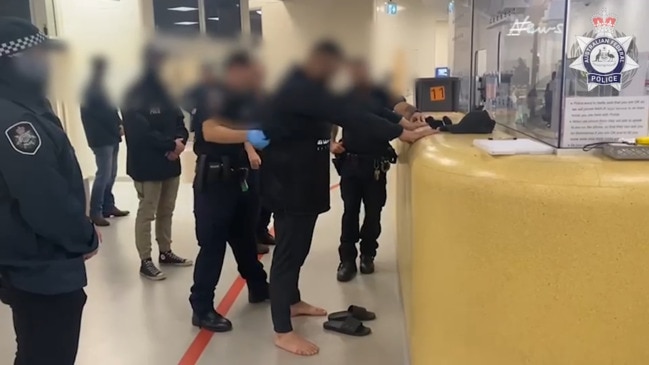
Police & Courts
Don't miss out on the headlines from Police & Courts. Followed categories will be added to My News.
One of the first questions the state’s most wanted man Masood Zakaria will be asked when he is returned to the custody of NSW Police will be: How did you know we were coming?
Zakaria’s deportation from Turkey and return to Australia over the weekend comes almost exactly two years after he fled the country on a fishing boat and with a false passport in his pocket.
But if his international escape at the height of the Covid-19 lockdown was not incredible enough, his timing was even more so.
Zakaria vanished from Sydney just hours before NSW Police planned to knock down his door and arrest the alleged Alameddine crime clan kingpin him over an alleged attempt to murder rival gangster Ibrahem Hamze in 2021.
Finding out how Zakaria caught wind of their plans will be top of the list of things to speak to him about, as well as his alleged key role in orchestrating the violence of Sydney’s gang war.
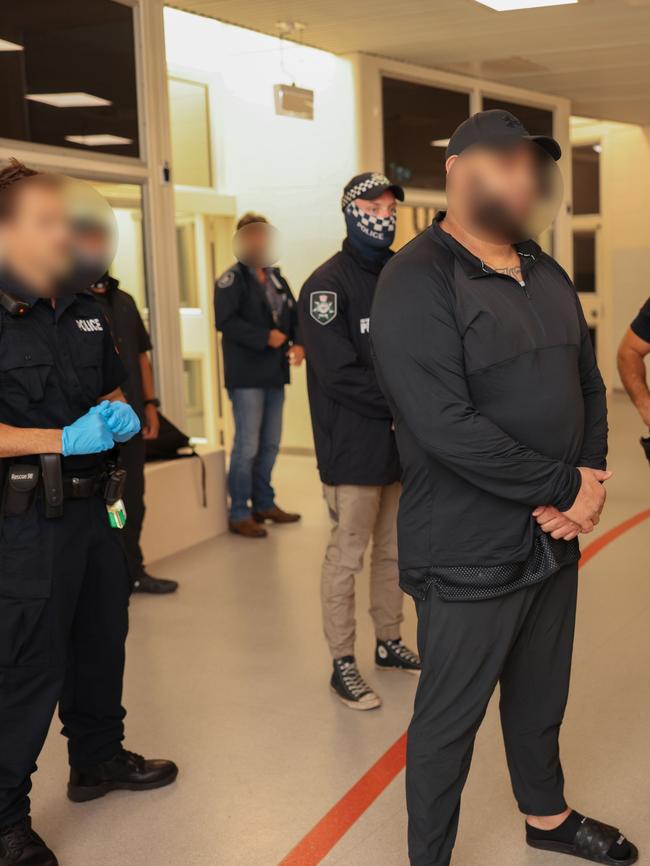
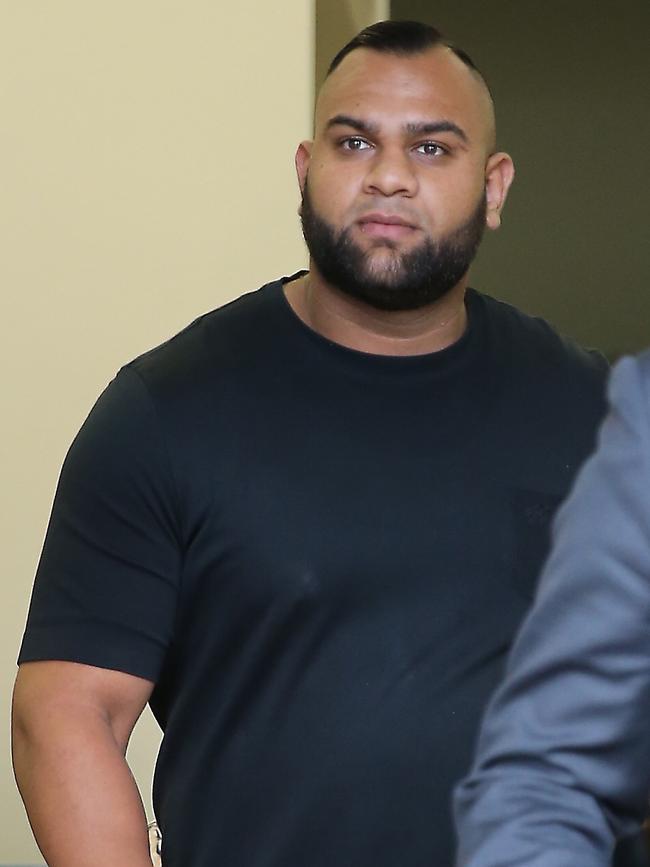
NSW Police Assistant Commissioner Michael Fitzgerald described Zakaria as “one of the most wanted and significant organised crime figures in NSW”.
“State Crime Command’s Criminal Groups Squad have worked tenaciously on this investigation over the past four years and are currently in Darwin preparing for the man’s extradition to NSW in the coming days,” Asst Comm Fitzgerald said.
“Once in NSW, he will face a series of charges relating to his alleged role as a director of a criminal group and conspiracy to murder – serious and violent crimes that carry equally serious jail time.”
Zakaria’s deportation comes little more than a year after the same thing happened to Mark Buddle, who is now awaiting trial in Victoria charged with drug importation.
It also comes just a few weeks after exiled Sydney gangster and dual Turkish citizen Hakan “Big Hux” Ayik was detained as part of a major crackdown by the Turkish government on the Comanchero bikie gang.
The deportations and arrests means that Turkey, a country long used by wanted fugitives to try and escape law enforcement, is quickly having its safe haven status reconsidered by internationals.
“The problem for him was always going to be that he was not a Turkish resident,” a police source said.
“He is different to Ayik in that respect.
“It just reinforces that message that no matter where you are, you are not safe from our reach anymore.”
Zakaria, now 28, escaped Australia at the height of Covid lockdown in December 2021.
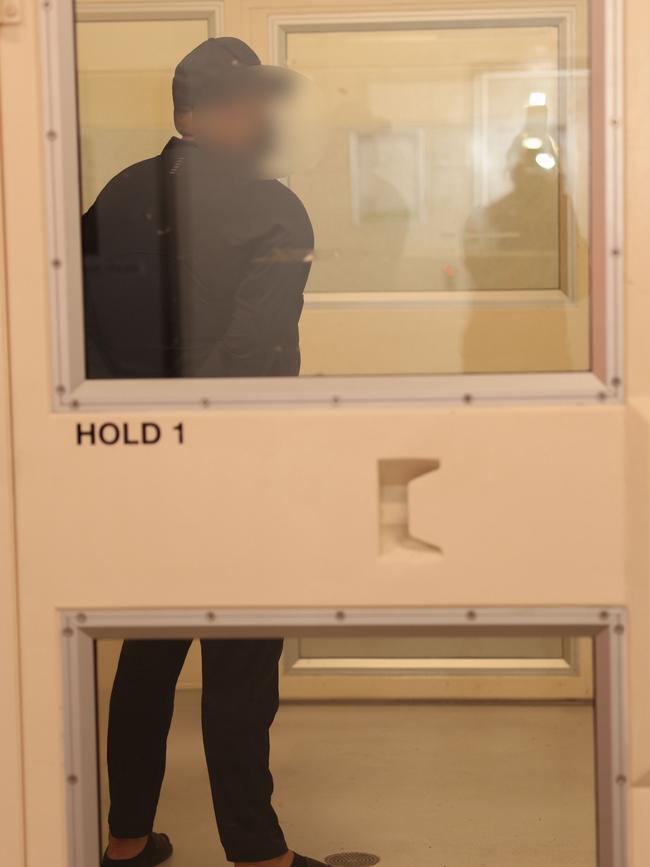
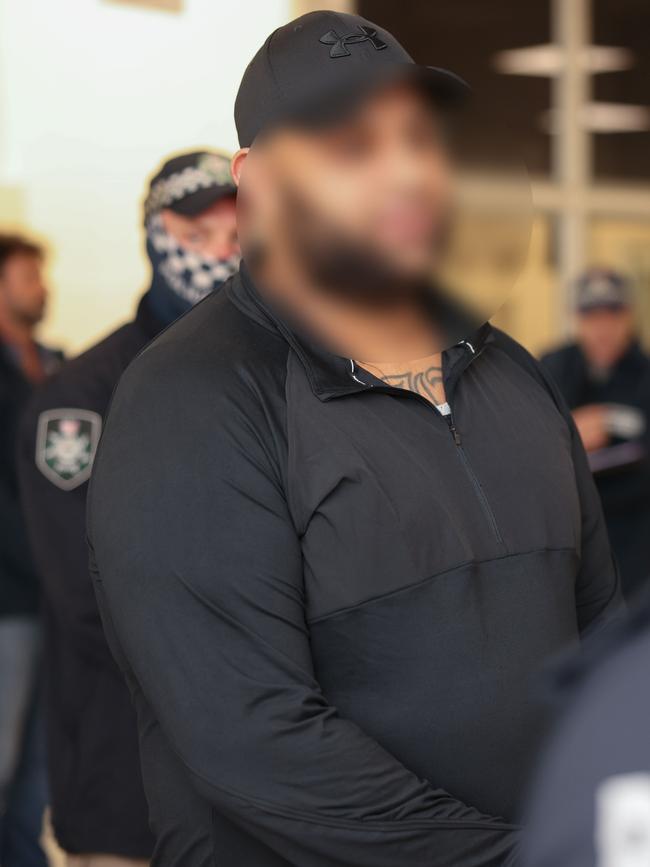
Leaving behind his wife and children in their western Sydney home, he managed to avoid detection as he travelled across the country to Western Australia where he got on a small fishing boat, and with a fake passport in his pocket, sailed off to freedom.
In Turkey he was joined by underworld associates from Sydney, and together they lived the high life.
One of those mates was Murat Gulasi, who later died of a heart attack in a Turkish gym.
Zakaria’s family then also joined him overseas but after more than a year in the Middle East he was detained by local authorities in January 2023, and since then held in a prison cell as the AFP applied for his extradition only for Zakaria to remain locked up for months.
But out of the blue his time in Turkey came to an end on the weekend when he was put on a plane and flown all the way back to Darwin – the same route Buddle had taken last July.
AFP Assistant Commissioner Stephen Dametto praised the assistance of Turkish authorities in bringing Zakaria back home to face justice.
“The AFP has longstanding relationships with the Turkish National Police and what is evident – and activity in the past few months underscores this point – is that Turkish authorities have no tolerance for transnational serious organised crime operating in their country,” Mr Dametto said.
“Australians who think they can hide offshore in perceived safe havens and avoid facing Australian courts for their alleged crimes need to heed this warning — the AFP is relentless in our pursuit to ensure you face justice.

With an Under Armour cap on his head and a pair of Adidas slides on his feet, Zakaria could have been mistaken for just another sweaty tourist touching down in the nation’s north, If not for the armed AFP officers surrounding him as he walked off the plane.
He faced Darwin Local Court on Monday where his extradition was granted, with officers from the NSW Police Criminal Groups Squad in the court to oversee the proceedings.
Once back in NSW he will be charged with multiple offences, largely relating to his alleged efforts to co-ordinate a hit on Ibrahem Hamze at North Sydney in August 2021 at the height of the city’s gang war.
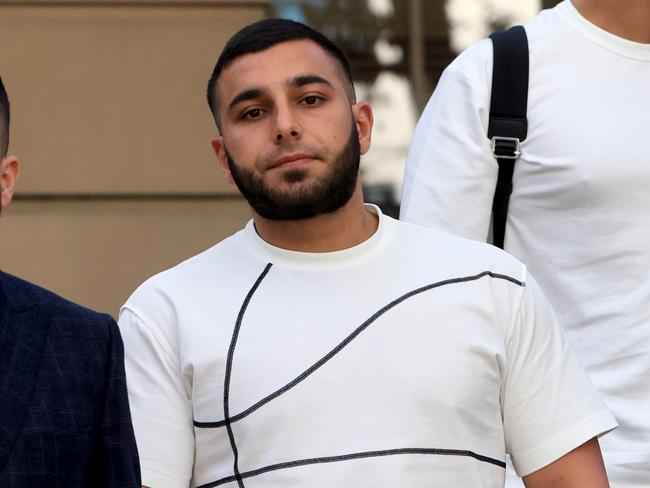
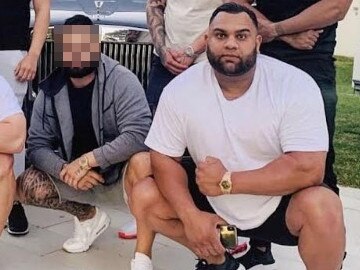
Police allege that Zakaria, as one of the top ranking members of the Alameddine crime clan, put the hit in motion.
It came unstuck when a Highway Patrol car interrupted the alleged killers’ efforts when they stopped in a No Parking zone, sparking a high speed police chase and the assassination of Hamze being aborted.
It is not alleged that Zakaria was one of the men in the car.
An extradition order was issued by a Darwin judge on Monday afternoon, with Zakaria expected to face Sydney’s Downing Centre Local Court on Wednesday morning.
Despite months of coordination with foreign authorities to bring the alleged kingpin home to face justice, his extradition almost hit a roadblock after prosecutors failed to produce a signed copy of the warrant.
“The documentation you’ve filed with the court, it’s not signed, is it a warrant? A warrant has to be signed,” Darwin Local Court Chief Judge Elizabeth Morris said.
Crown Prosecutor Daniel Warner Collins’ offer for one of the New South Wales Crime Group Squad officers present in court to “swear an oath” was cut off by Ms Morris, who was adamant: “I need the warrant”.
The case was stood down for an hour and a half while signed copies were sourced, but on return Zakaria’s lawyer Peter Lange argued those signatures were invalid.
After 25 more minutes of back and forth - including concern over whether one of the court’s current authorised officers could sign next to a former officer’s name - the warrants were accepted and the extradition ordered.




